Netherlands
On the second day of the trial of Rwandan Félicien Kabuga Friday, the alleged genocide financier again refused to appear in court.
Kabuga's trial at a UN court began on Thursday with prosecutors accusing the 87-year-old of setting up hate media that urged ethnic Hutus to kill rival Tutsis and supplying death squads with machetes.
But in their opening statements his defence rejected the "caricature" of Kabuga, once one of Rwanda's richest men, saying he was not responsible for what they called a "grassroots" explosion of violence.
Instead the allegations should be seen against the backdrop of years of civil conflict in Rwanda that proceeded the 100-day killing spree in which more than 800,000 people died, they added.
Describing Kabuga as a "farmer's son" who taught himself how to read and write, lawyer Altit said the suspect raised himself to become a successful businessman whose wife came from a mixed Hutu-Tutsi family.
"He had good relations with everyone, rich and poor, Hutu and Tutsi," he said.
The defence played down Kabuga's role in setting up Radio-Television Libre des Mille Collines (RTLM)
The broadcaster launched the year before the genocide with "mostly music shows" and was not set up to fuel ethnic hatred, while Kabuga could not be held responsible for what journalists broadcast, said Altit.
"These charges do not withstand analysis."
More than 50 witnesses are expected to appear for the prosecution, starting next Wednesday, in a trial that is set to take months.
After fleeing Rwanda, Kabuga spent more than 20 years evading justice before his arrest in Paris in 2020.
He is one of the last Rwandan genocide suspects to face justice, with 62 convicted by the tribunal so far.
Kabuga refused for a second day to appear in court in protest, after complaining that he had lost confidence in Altit, his court appointed attorney, and that the tribunal had refused to let him choose a new lawyer.




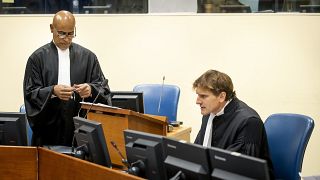
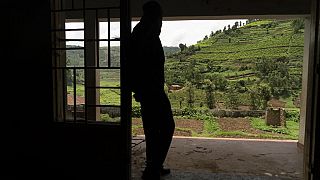
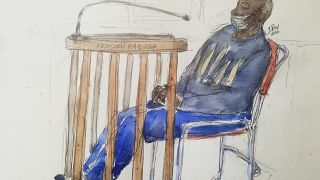
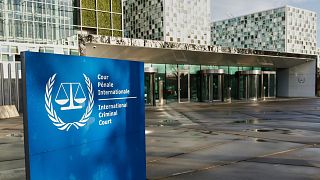

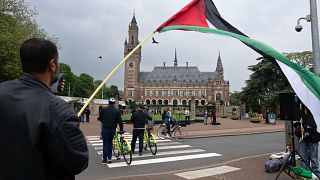



02:13
Congo and Rwanda sign a US-mediated peace deal aimed at ending decades of bloody conflict
00:54
African Human Rights court says it can hear case brought by DRC against Rwanda
01:11
Burundi calls on United Nations to recognize 1972 genocide against Hutus
01:20
Somalia launches Centennial Vision 2060 roadmap for 'peace, prospertity and progress'
01:01
Rwandan opposition leader Ingabire arrested in connection with alleged plot to overthrow president
01:12
Judge dismisses juror in Sean 'Diddy' Combs trial